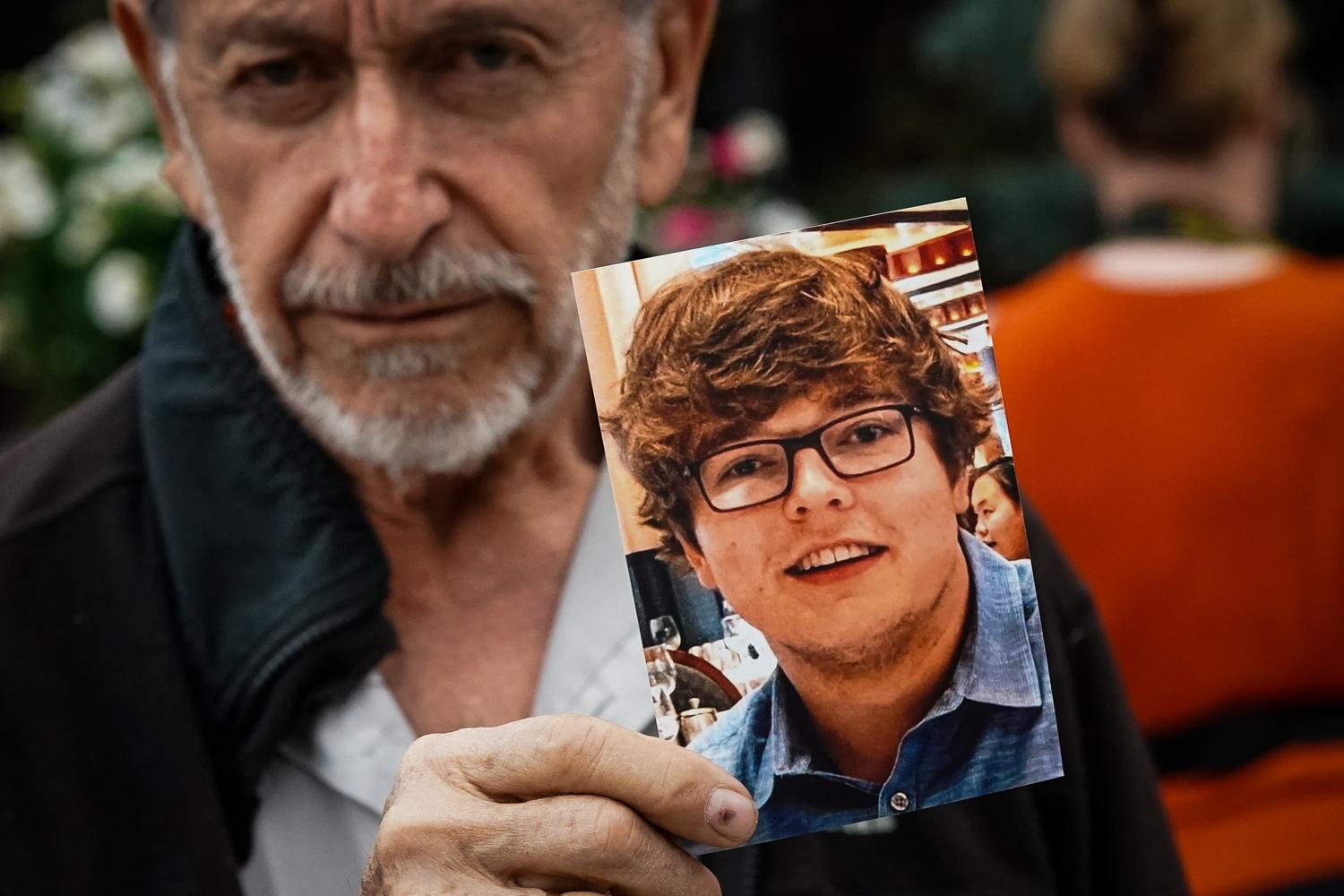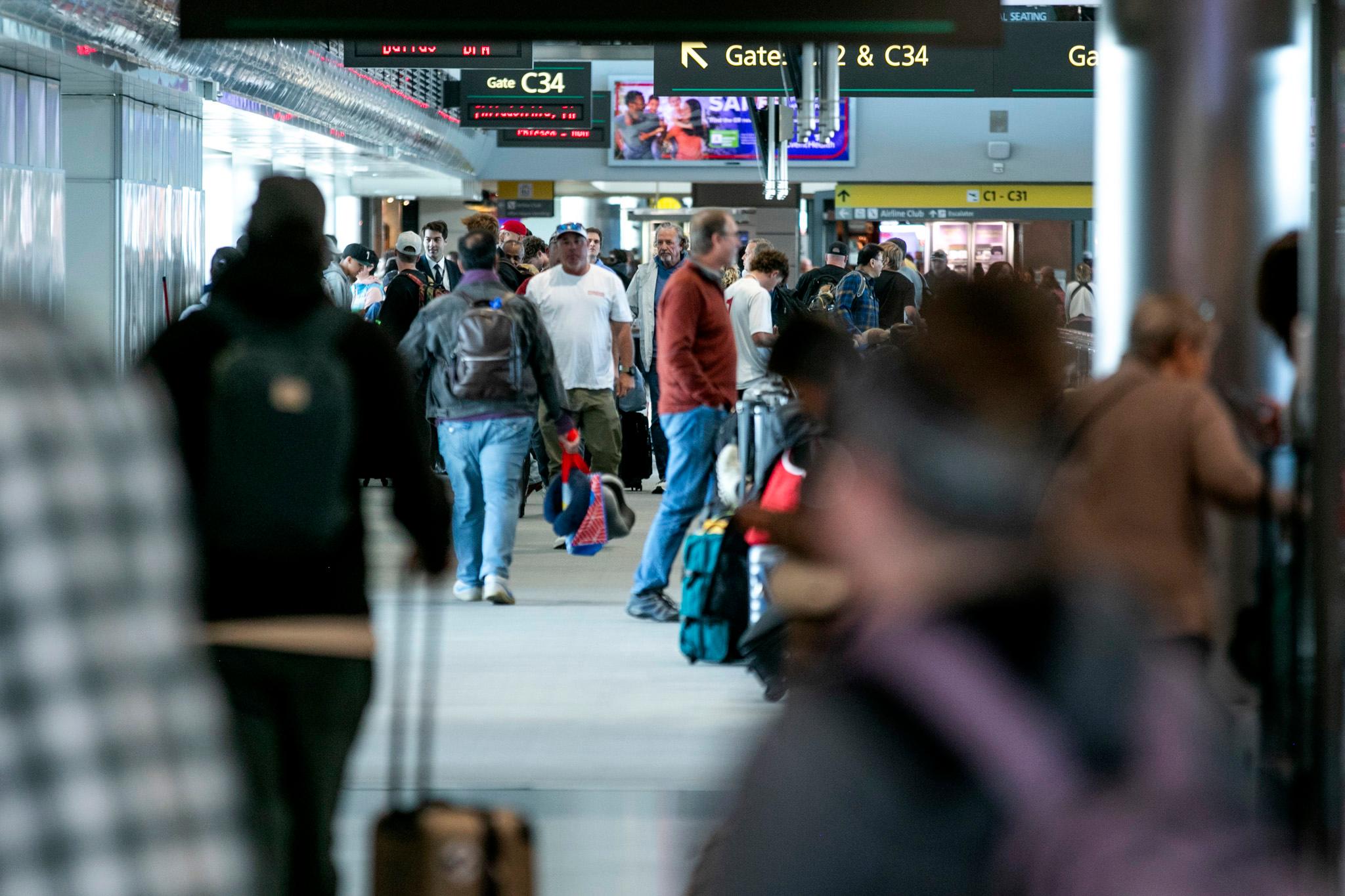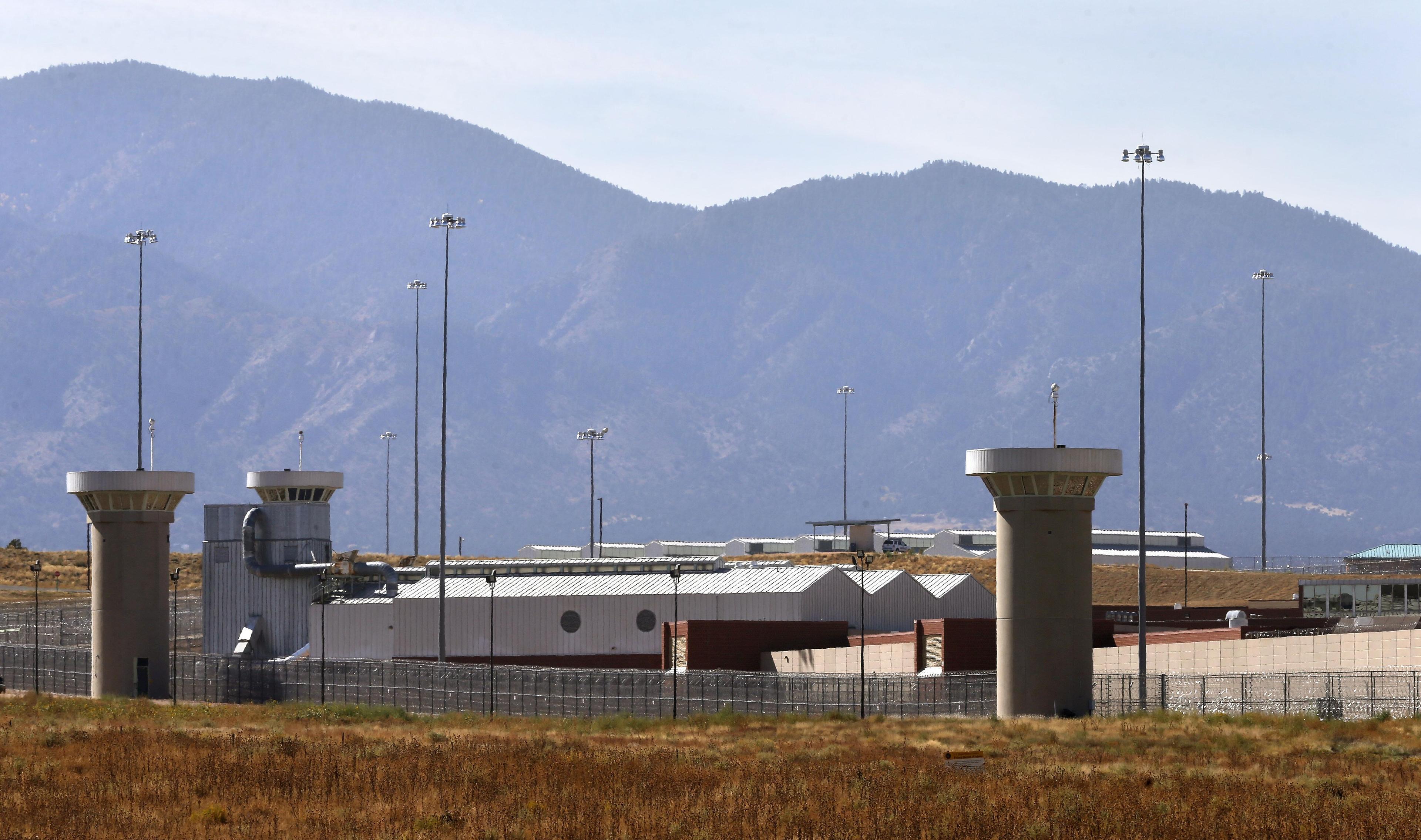
This week’s settlement among law enforcement and the parents of Christian Glass, who was killed by a sheriff’s deputy in Colorado in 2022, is the latest in a series of multi-million dollar payouts across the country.
The Glass family will receive $19 million. The family of George Floyd received $27 million from the city of Minneapolis. Louisville, Kentucky, is paying Breonna Taylor’s family $12 million.
Along with the money, Glass’ parents, Sally and Simon Glass, demanded training for law enforcement, and a public park to remind people of their son’s story.
In other cases, police departments have settled for lower amounts. What goes into settlements over wrongful deaths that involve police is determined in part by the potential lifetime earnings of the victim, the impact of the loss on the loved ones left behind, and the amount a jury might award if the case went to trial.
Siddhartha Rathod represented the Glass family in this case. He spoke with Colorado Matters host Andrea Dukakis about what the family may do with the money to forward their goals for police reform and how other incidents, like the death of Elijah McClain, influenced the settlement over Glass’ death.
Interview Transcript
This transcript has been edited for clarity and length.
Andrea Dukakis: What factors go into determining a settlement like the one police made with Christian Glass’ family? Is there a magic number?
Siddhartha Rathod: There is no number that is a magic number. There's no number that's going to bring Christian back to his family and to his community.
It's Simon and Sally Glass' intent to form the Christian Glass Foundation that will tackle issues affecting young people, affecting police violence, what that's going to look like, how that's going to work. Those are things that are going to have to be flushed out over the next months and years.
Why are so many law enforcement agencies involved in this settlement?
When Christian got his car stuck and then the officers pulled their guns out on Christian, agencies from across the area came. There were five different agencies that responded and seven officers in total.
All seven of these officers worked together to violate Christian's rights and result in his death. Not a single one of them had the courage to stand up and say, "No, we will not tolerate this." Officers have a duty to intervene with their fellow officers. And when an officer doesn't, that officer is responsible for the other officer's illegal conduct.
The first press releases from law enforcement, almost a year ago, said Glass was threatening police that night. Later, law enforcement agencies apologized and admitted the information was inaccurate. How significant are these kinds of apologies in advance of a settlement?
They're very rare, but they are very significant. Just like in the Elijah McClain case or the George Floyd case, when the initial incident happened, the police department issued a false statement about what occurred. We represented Elijah McClain's mother and that was also a huge issue for her. She wanted that record corrected.
Here, Simon and Sally Glass wanted that record corrected that Christian Glass did nothing wrong and he did not deserve to die. And so the apology letters, the municipalities, the state recognizing that what had occurred here was wrong and the municipalities saying, "We should never have issued those statements and we should have corrected them," was vital to Simon and Sally Glass.
The family has emphasized that their main objective in all of this, besides clearing their son's name, is changing police conduct. What would you say is the most critical change that law enforcement agencies have promised to make?
Clear Creek is going to be implementing a crisis response team. Crisis response teams are critical. We can see them in the STAR program in Denver. We can look at Summit County’s Crisis Response team and how it has dramatically decreased the number of suicides. These types of crisis response teams are critical tools for municipalities to help their citizens. And the creation of this program in Clear Creek County will be very important.
Another thing that's kind of subtle is that Simon and Sally Glass will get to speak with every single new Clear Creek County officer moving on. Hopefully when those officers listen to Simon and Sally, hear from a mom and dad, they will understand the gravity of the situation. They will understand their responsibility to stand up for those who don't have a voice.
There will also be virtual reality training using images of what happened with Christian Glass and police.
Correct. The state of Colorado will be creating the Christian Glass Virtual Reality Training Program. Officers will have the opportunity to experience firsthand and make decisions in that situation. And that will hopefully not expose an officer to this situation for the first time in a life or death situation.
They will see where they can stand up, where they can say, "Hey, let's not do that." Or, "Hey, why don't we take a different course of action here." There's also a Failure to Intervene Training that the state is putting together. And at the start of that, Sally and Simon Glass will be speaking via prerecorded video. And again, the point of that is to emphasize to each of the officers in the state of Colorado that there is a real human consequence to their actions.
Can you say with certainty that training police in this way makes a difference?
Training alone is not enough, but training is an integral part of the solution, especially when you're doing training on an officer's duty to intervene. When officers then go into the field and don't abide by the training that they're supposed to be living up to, it is the responsibility of each and every other officer there to say something.
So when at least one of those officers says something, it eliminates that culture of silence. And if we can get past that, hopefully it will save lives. But there is no magic single bullet. Little by little we’ll change the culture within policing. And we're hopeful that the Christian Glass settlement will result in a cultural shift.
You also represented Sheneen McClain in her effort to hold people accountable for her son, Elijah’s, death in police custody in 2019. McClain’s advocacy helped bring about legal reforms. What impact did those reforms have in the Christian Glass case?
Sheneen McClain, through her courage, was able to change the laws in Colorado. Officers are now required to wear body cameras in Colorado. Officers are required to intervene in another officer's misconduct.
Just those two changes were instrumental in allowing Simon and Sally Glass to make more changes. It is a process of building on one case, building on another case. Yes, the system is still broken. Police officers still engage in excessive force. It's typically targeted at communities of color, but there is no single community that is safe.
Glass's parents are relatively financially well off. In addition to the training and the settlement, there's also this park being dedicated to Christian Glass. His artwork will be shown in public buildings. Did privilege play any role in all of this and did that make a difference in how the case turned out?
Simon and Sally Glass will be the first people to tell you how courageous of a person Sheneen McClain was. That Sheneen McClain changed the entire landscape. They had the privilege of coming after Sheneen McClain. They had the privilege of standing on Sheneen McClain's shoulders.









